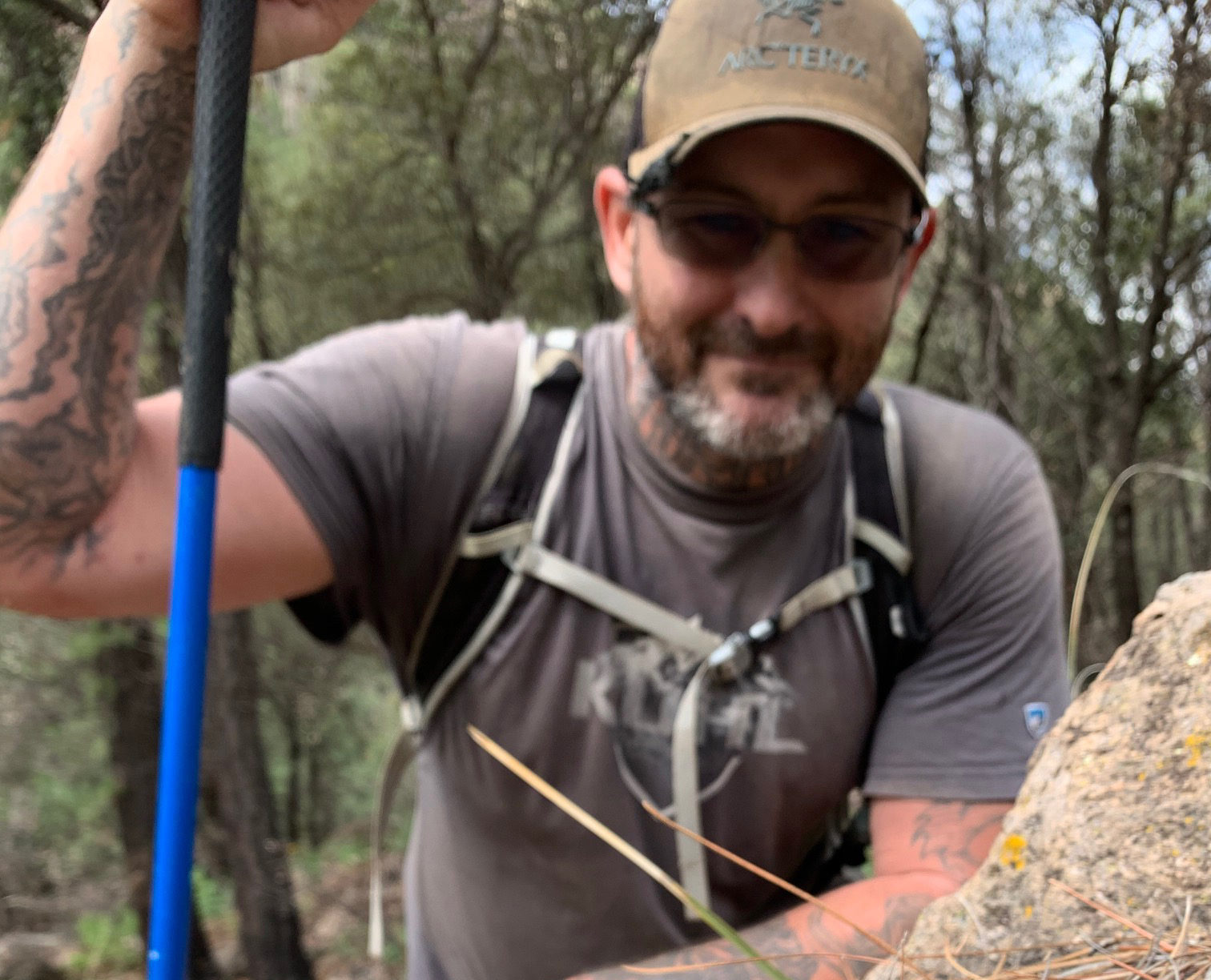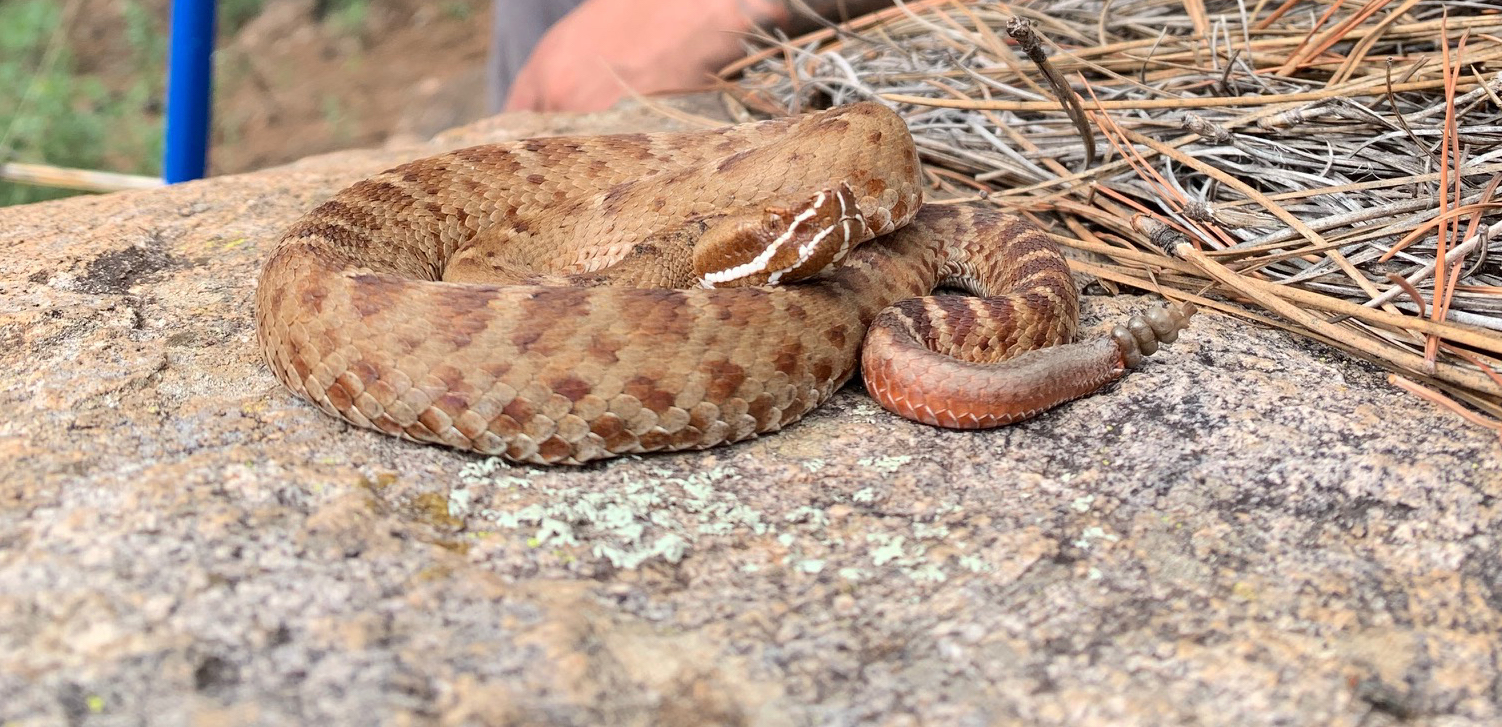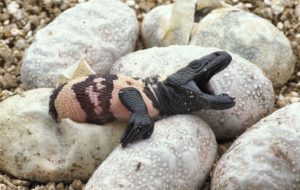October 16 Presentation: Field Herping in Mexico
Join the Tucson Herpetological Society on October 18 for “Field Herping in Mexico” presented by Brandon Dietrich, who will discuss his findings on Tiger Rattlesnakes in the Peloncillo Mountains.
Brandon’s interest in reptiles began at a very young age, and he became interested and fascinated with their lives and the nature of their lives and habitats. At a young age, he explored the desert on his bicycle with friends to find animals. Thus, began a lifetime interest in field herping.
Brandon has contributed to the successful captive reproduction of many species in private ands public collections and authored care instructions for exotic animals, particularly vipers. He is also working on range extensions and documenting species in mountain ranges that are herpetologically unexplored.
Recently Brandon’s focus is on Tiger Rattlesnakes in the Peloncillo Mountains and collecting DNA and venom samples to determine if there is a difference between the Peloncillo Crotalus tigris and populations in Mexico. The Guadalupe Canyon population of Crotalus tigris is isolated and is a very different animal than those from other localities.
About:
Brandon has spent his entire life in Arizona, except for time served in the Marine Corps and Army Infantry. He retired from the military in 2016. Originally from Marana, AZ, he played football and was in Kenpo, Jui Jitsu, and kickboxing. He joined the Marine Corps at 18 and went to the infantry. Brandon has traveled to over 40 countries with a focus on Southeast Asia and Australia. He surfs, skydives, and scuba dives when he can.
Brandon went to school to be a certified mechanic on Harley Davidson and Kawasaki and is also a certified aircraft mechanic. He received a combat infantry badge for combat deployments to the Middle East. Even with many injuries and broken bones from combat, military service, and an extreme lifestyle, Brandon continued to herp.
Brandon has a vast appreciation for the Sky Islands and the diversity in each range. Much of his time is spent reading topographic maps and exploring habitat. The Mexican Sky Islands have many secrets remaining to be discovered.
Meeting Time:
7:15pm
Meeting Place:
City Ward 3 Meeting Room – 1510 E Grant Rd – Tucson AZ 85719
Southeast corner of Grant and Vine between Campbell and Mountain Avenues
Pre-meeting Eats:
Blue Willow
Southeast block of Campbell and Glenn





